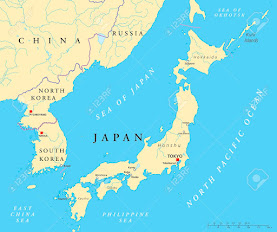China's political landscape has witnessed remarkable transformations over the years, shaped by dynasties, revolutions, and modern governance. This article provides a concise overview of China's political development, offering insights into the nation's enduring political traditions and contemporary systems.
Ancient Dynasties and Imperial Rule
China's political history began with ancient dynasties like the Xia and
Shang, where emperors ruled with divine authority. Confucianism and Legalism
influenced governance, emphasizing moral conduct and legal codes.
Imperial Examination System
The imperial examination system, established during the Sui and Tang
dynasties, played a pivotal role in selecting officials based on merit. This
system endured for over a thousand years and remains influential in Chinese
political thought.
Revolution and Republic
The 20th century brought revolutionary change. The Xinhai Revolution in
1911 overthrew the Qing Dynasty, leading to the establishment of the Republic
of China under Sun Yat-sen's leadership. The Chinese Civil War later saw the
rise of the Communist Party and the founding of the People's Republic of China
in 1949.
Communist Party Dominance
The Communist Party of China (CPC) assumed power, instituting a
one-party system. The CPC's leadership under figures like Mao Zedong and Deng
Xiaoping initiated significant political reforms and modernization efforts.
Economic Reforms and Openness
Deng Xiaoping's economic reforms in the late 20th century introduced
elements of market socialism and opened China to foreign investment. This
period marked the beginning of China's economic rise and global integration.
One Country, Two Systems
China's political structure incorporates the "One Country, Two
Systems" principle, which grants Hong Kong and Macau a high degree of
autonomy. These regions maintain separate legal and economic systems while
being part of the People's Republic of China.
Contemporary Governance
China's political landscape continues to evolve, with Xi Jinping serving
as the paramount leader. The National People's Congress and the Chinese
People's Political Consultative Conference play essential roles in the
country's political decision-making.
China's political journey is a story of adaptation and transformation,
from imperial rule to the contemporary governance of the CPC. Its political
history reflects the nation's enduring commitment to governance, reform, and
societal development.





.jpg)





0 Comentarios